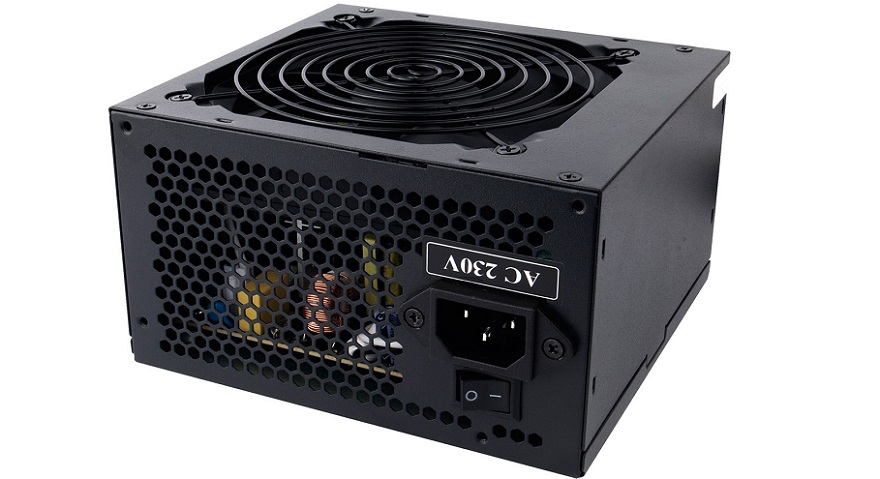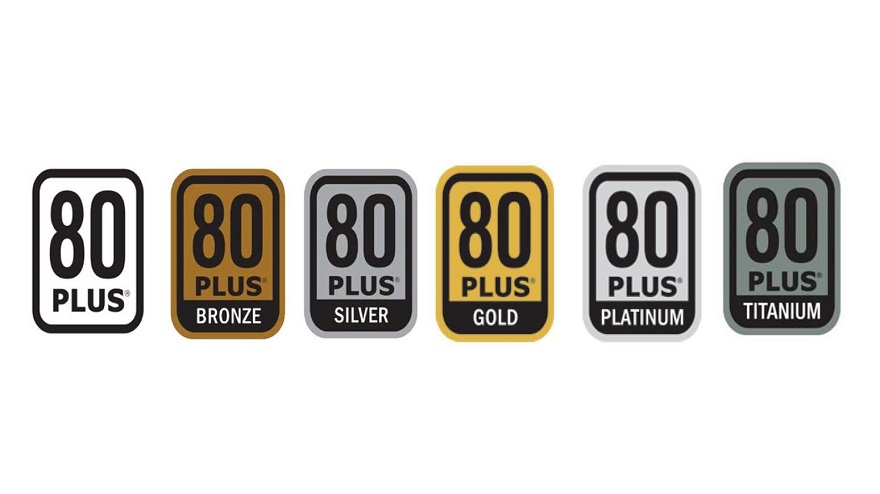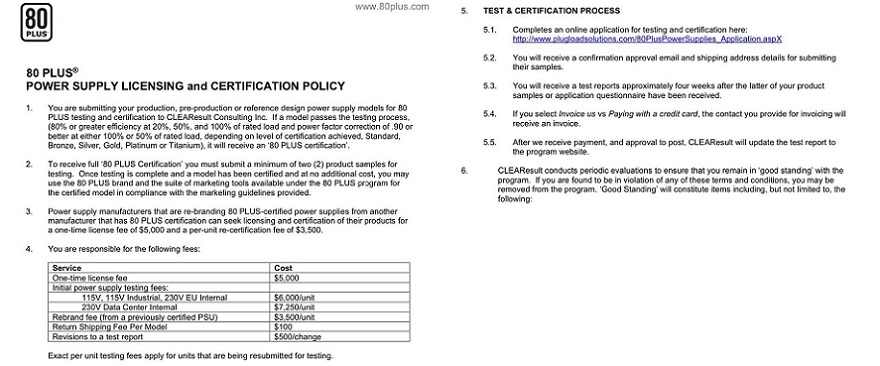Testing Price Hike Could Spell Trouble For Budget PSUs
Mike Sanders / 4 years ago

Following some very rough years of power supply manufacturing, and particularly so in the ’90s, these days it’s actually somewhat difficult to find a ‘bad’ PSU model available to buy on the market. This is, in no small part, thanks to practically the entire mainstream industry coming together in agreeing to utilize the ’80 Plus’ efficiency testing as a standard certification of performance.
No, having the logo doesn’t necessarily distinguish good from poor, and I know this for a fact given that I’ve personally reviewed over a hundred power supplies during my time with eTeknix. It does, however, at least give consumers a highly-recognizable indication as to what level of ‘general’ performance they can expect. – Put simply, from 80 Plus standard, all the way up to 80 Plus Titanium, if your power supply has their logo on the box, it’s probably a decent design.
Following a report via TechPowerUp, however, following ’80 Plus’ officially announcing quite significant price hikes in their testing process, this is something that may have a huge impact on more budget-focused designs moving into 2021.

80 Plus Certification Gets More Expensive – Budget PSUs to Get More Expensive Too?
Plug Load Solutions, who provide the 80 Plus certifications of power supplies, has confirmed that their licensing fee for both testing and the use of their logo has been increased quite significantly (roughly by around 30% based on the last figures I was personally aware of). By proxy, this could potentially mean that manufacturers of more budget-focused PSU designs may have to up their prices to accommodate this price increase.
It is, of course, a little complicated how the ‘fee’ structure breaks down. With individual charges on separate power wattage models, however, it could also potentially result in power supply ‘manufacturers’ deciding to limit their ranges moving forward. In other words, the days of seeing PSUs available in 450/550/650/750/850 wattages may be coming to an end!

What Do We Think?
Breaking this down, it would seem that the biggest issue presented here with this price increase will come to manufacturers who simply ‘re-brand’ other companies’ technology. And yes, this does happen more frequently than you might expect.
Let me try and explain this. Company B wants a power supply, but rather than manufacturing it themselves, they purchase the rights off Company A for one of their designs. Company B pays Company A for 10,000 units and slaps their own branding on the PSUs.
With me so far? – Well, here’s where it gets tricky. Given that the PSU falls under a new ‘name’, Company B is generally required to pay the ’80 Plus’ testing fee after having already paid Company A for the physical units. In other words, with price increases now set to come into effect for that 80 Plus ‘licensing’, Company B now only has the choice of either eating into their presumably already slim profit margin or putting the cost of the actual PSUs up with retailers.
Put simply, regardless of whether you understand this entirely or not, this could be bad news for us humble consumers and, as such, if you need a power supply urgently, buying sooner rather than later may well be to your financial advantage.
Of course, we’ll update you as more information becomes available to us.
What do you think? – Let us know in the comments!



















